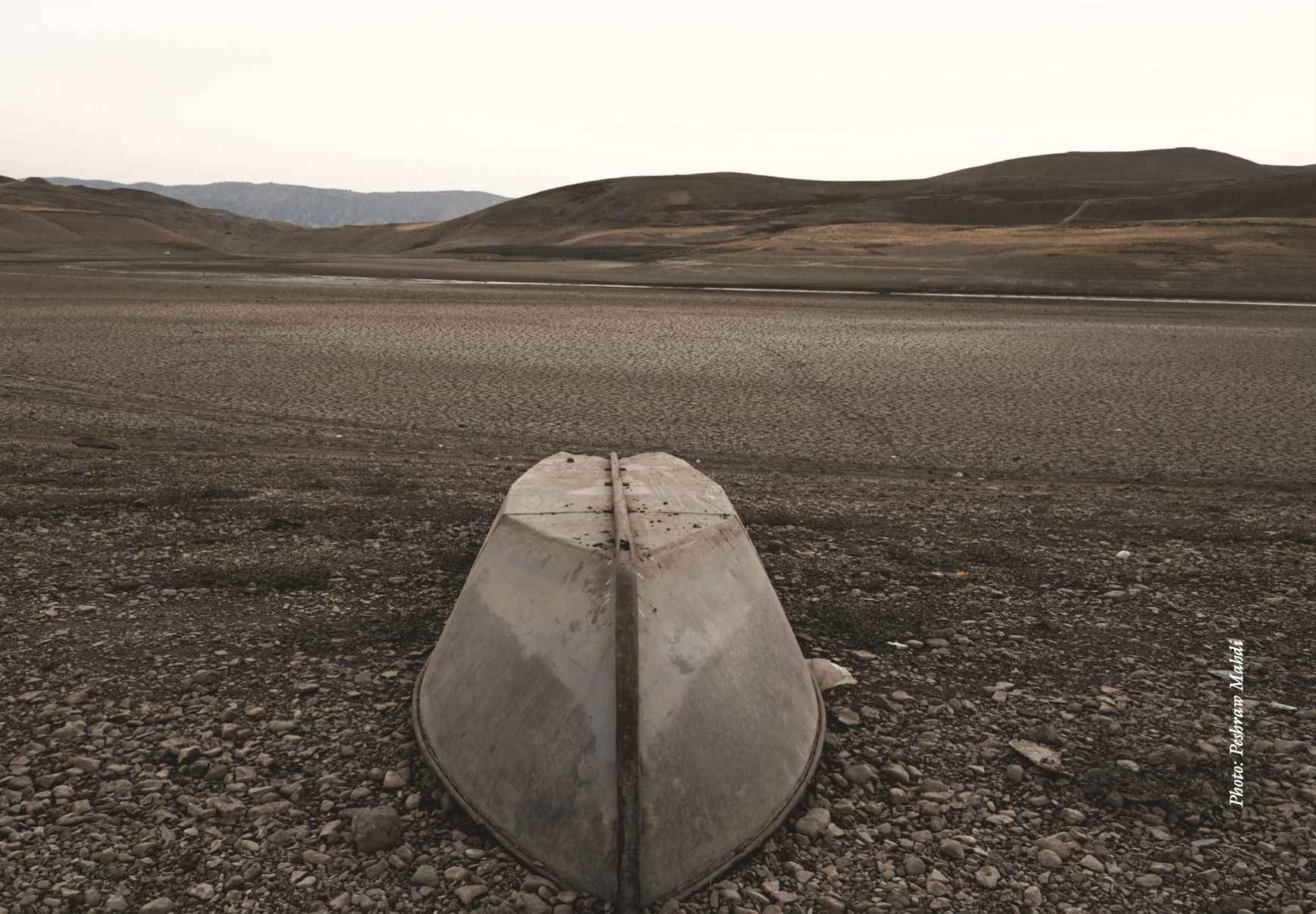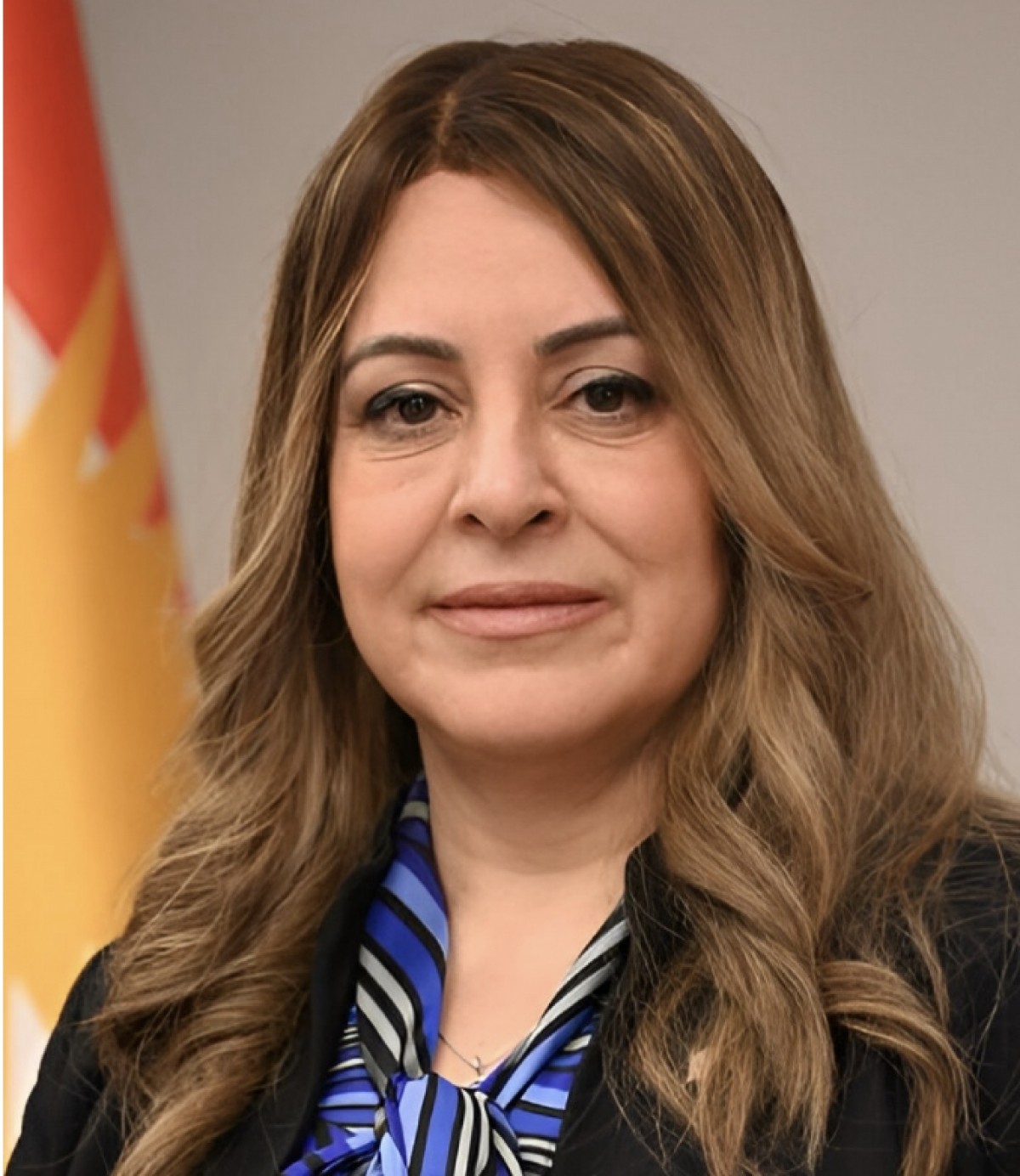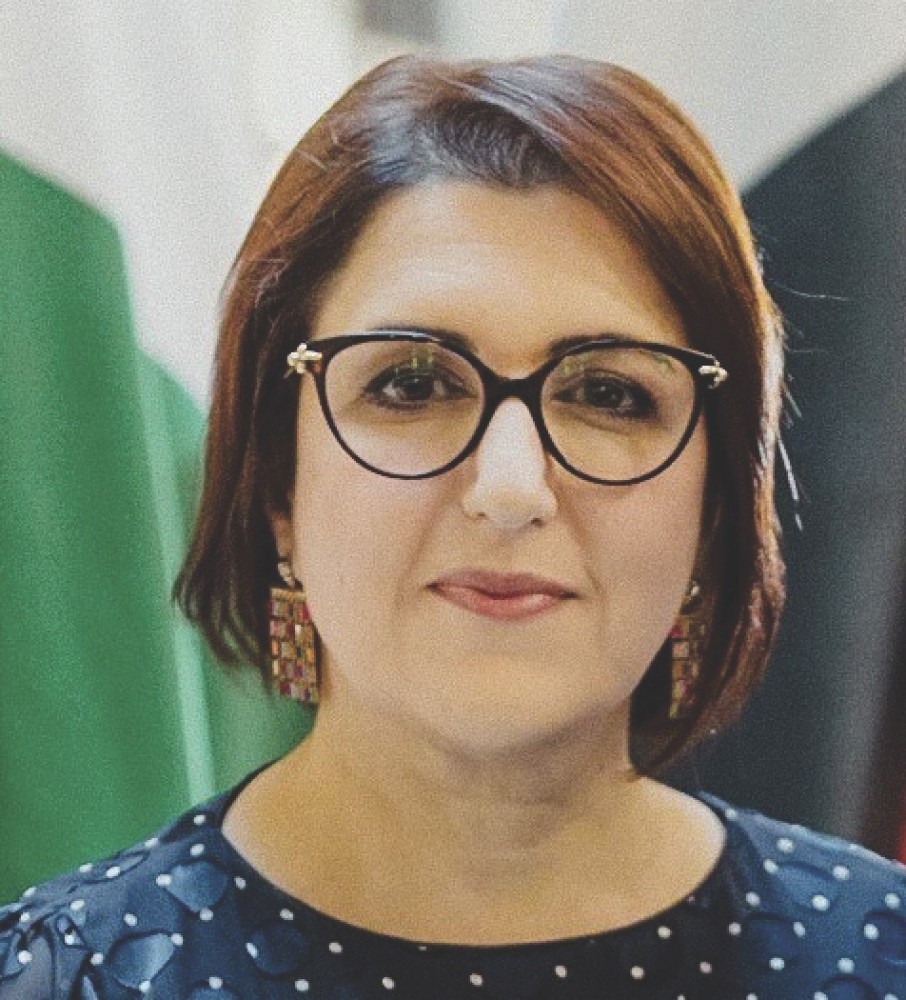As the world grapples with the pressing issue of climate change, the Kurdistan Region of Iraq (KRI) has emerged as a proactive player in addressing environmental challenges. In a bid to bolster these efforts and bring global attention to the matter, the American University of Kurdistan (AUK) is gearing up to host the annual Middle East Peace and Stability (MEPS) Forum. This three-day event, slated for November 19-21, will bring together local and regional officials, decision-makers, and experts to delve into climate change in the region and strategies for mitigating its impact.
The KRI’s environmental initiatives are spearheaded by the Board of Environmental Protection and Improvement, under the guidance of the Iraqi Ministry of Environment and the High Committee on Climate Change in the KRI. This high-level committee, led by the Board of Environmental Protection and Improvement, comprises representatives from various ministries and departments, all united in their shared commitment to combat climate change. Together, they have identified specific responsibilities for each ministry and department, aimed at reducing greenhouse gas (GHG) emissions and adapting to the effects of climate change.
To further strengthen the region’s commitment to tackling climate change, the Council of Ministers approved the establishment of the Climate Change Department within the Board of Environmental Protection and Improvement. This dedicated department is a response to the growing global attention to climate change, reflecting the KRI’s determination to contribute to the international effort to combat this global challenge.
In 2021, the Board of Environmental Protection and Improvement of the Kurdistan Region of Iraq (KRI), in partnership with the Iraqi Ministry of Environment and the United Nations Development Program, engaged in a high-level workshop. The objective was to evaluate Iraq's requirement for the Iraqi National Shares Document (NDC), a joint commitment by Iraq and the KRI to tackle the challenges posed by climate change during the period from 2021 to 2030. Among the central aims delineated in this document are:
Reducing emissions: Iraq and the KRI aim to reduce GHG emissions by 1%-2% through domestic efforts. International assistance: A more ambitious goal is to reduce GHG emissions by 15% with international assistance. Financial support: Iraq is seeking financial assistance, including for the KRI, from the Green Climate Fund to the tune of $100 billion over a decade. Clean energy production: Iraq plans to produce 12 gigawatts of electricity from clean energy sources by 2030.
The KRI’s environmental efforts extend beyond policy and strategy. The region has engaged in extensive meetings with the Iraqi Ministry of Environment to activate and implement the obligations outlined in the NDC. These efforts are geared towards achieving UN Sustainable Development Goal 1, eradicating poverty, and Goal 13, supporting those adversely affected by climate change.
International organizations are also called upon to support the KRI by providing environmentally friendly technologies and promoting the use of renewable and other clean energy sources. The region is eager to learn from the experiences of developed countries in areas like smart agriculture and economic diversification.
Additionally, the KRI is keen on environmental investment, offering opportunities for foreign companies to participate in projects aimed at reducing or mitigating the impacts of climate change. These projects encompass a wide range of sectors: electricity generation from solar, hydro, and wind; sustainable public transportation; green construction; the establishment of green banks; green jobs; natural reserves; biodiversity protection; and initiatives for youth and women, such as those related to climate change mitigation.
Urban greening projects and the expansion of green spaces, oil refining projects with cutting-edge green technology, and collaborations between the public and private sectors in clean energy production are also part of the region’s forward-thinking strategies. The transition from a linear economy to a circular economy is a significant step forward in ensuring sustainability.
Looking ahead, the KRI is committed to several key initiatives to combat climate change:
Education: Improving climate change education processes and programs, fostering a deeper understanding of environmental issues. Media: Increasing climate change awareness through various programs. Health: Raising awareness about diseases linked to climate change and the importance of public health. Security: Recognizing the fight against climate change, drought, and desertification as a vital part of national security. Agriculture: Prioritizing food security, promoting local products, and advancing smart agriculture practices. Energy: Enhancing energy production from clean and sustainable sources. Water: Focusing on water collection, efficient distribution, and waste reduction. Economics: Transforming the economy from old practices to a sustainable, robust, and diversified model. Investment: Encouraging green investment and environmentally friendly projects, all while respecting environmental conditions. Higher education and research: Expanding departments focused on environmental sciences and nurturing research related to the effects of climate change.To conclude, the KRI is taking significant strides in combating climate change, with a comprehensive strategy that includes policy frameworks, international collaboration, and proactive projects across various sectors. The region’s dedication to sustainability, along with its emphasis on education, awareness, and research, signals a promising future in the fight against climate change. As the MEPS Forum approaches, the world will be watching to see the KRI’s contributions to the global effort to combat this pressing issue.
Abdulrahman Sadiq is the Head of the KRG’s Board of Environmental Protection and Improvement

